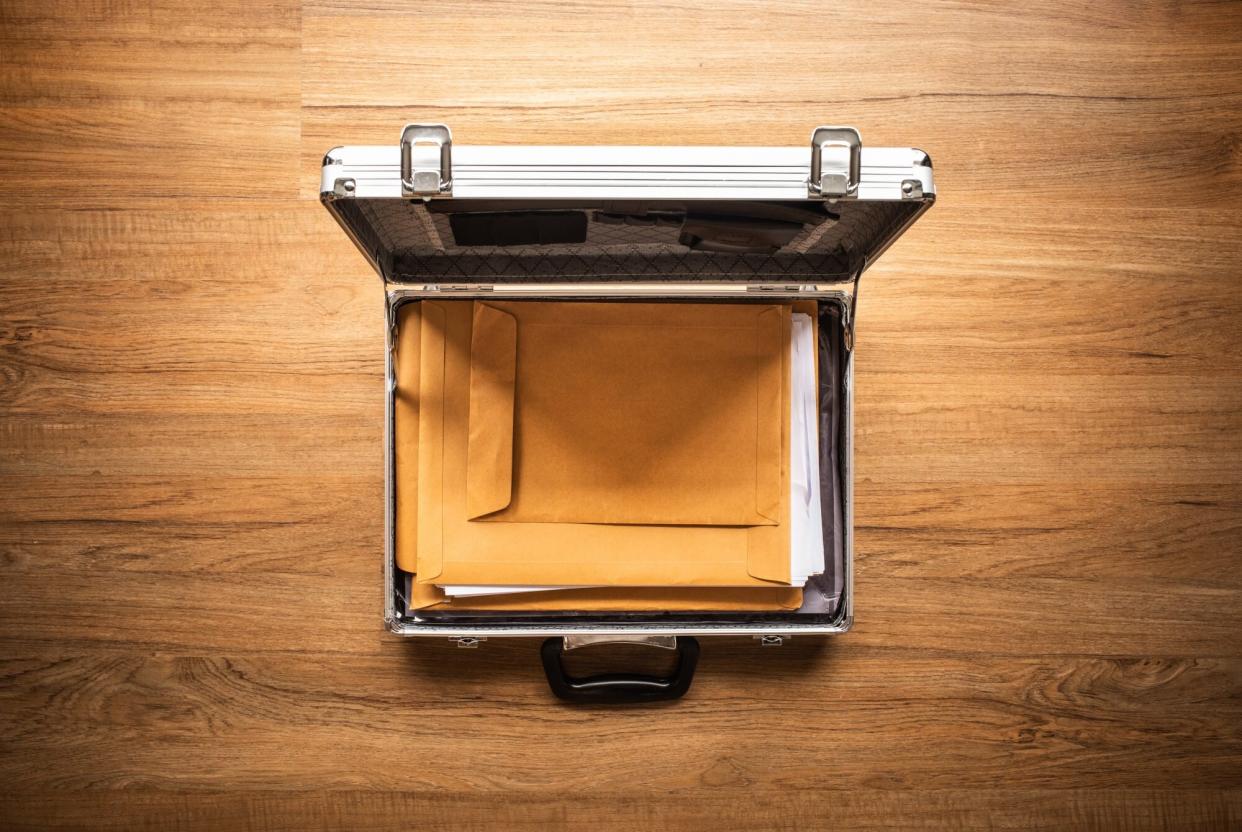These Are the Most Important Details to Include Your Household's Emergency List

HAKINMHAN / Getty Images
When you leave the care of your children, pets, or house in the hands of a different person, it's important to provide a list for what to do in case of an emergency. "Babysitting is a huge responsibility with the goal of keeping everyone safe, respecting the family's rules, and having fun," says Katie Loizou of American Red Cross Training Services. "Babysitters must know how to recognize an emergency and what to do if one occurs." This will not only give you peace of mind but will also help the sitter know what to do to protect life and property.
You will want to hire a babysitter or pet sitter that knows how to do first aid and CPR as well as knows how to keep poisons away from little hands and curious paws. Beyond that, you should provide the sitter with this list.
Related: How to Save for Emergencies, According to a Financial Consultant
Important Contact Information
"Parents should provide an emergency phone list including their home address, their contact information, where they'll be, and an alternate emergency contact," recommends Loizou. "Additionally, transportation, arrival and departure times, and responsibilities should be discussed and agreed to ahead of time." Write down who your sitter should call if there is a concern regarding your children, your pets, and your home. You can also jot down a detailed list including the family physician and local hospital, school contact, veterinarian for pets, and so on. What order should the sitter make these calls? Be as thorough as possible so that the sitter can follow instructions.
If your home has a security system, you should also include the necessary information for accessing the services provided by the system. You may also be able to add the sitter with temporary administrative permissions in case they need to reach the security system service provider for anything.
Emergency Instructions
In addition to who to call in case of an emergency, you should provide emergency instructions. "Parents should share information that's needed regarding any medical conditions their children may have, such as allergies," she says. "They'll also want to show them the 'safe space' in their home for severe weather and go over their family emergency plans, including the family's home fire escape plan and outdoor meeting place, with sitters."
It may also be a good idea to include the sitter in your emergency drills so that they know the correct actions to take. While it might seem like over-preparation, it will be beneficial in an actual emergency. "The most important thing to do in any emergency is to keep calm and to call 911 for health emergencies," Loizou explains. But additional instructions will help your sitter to be even more prepared for an emergency.

